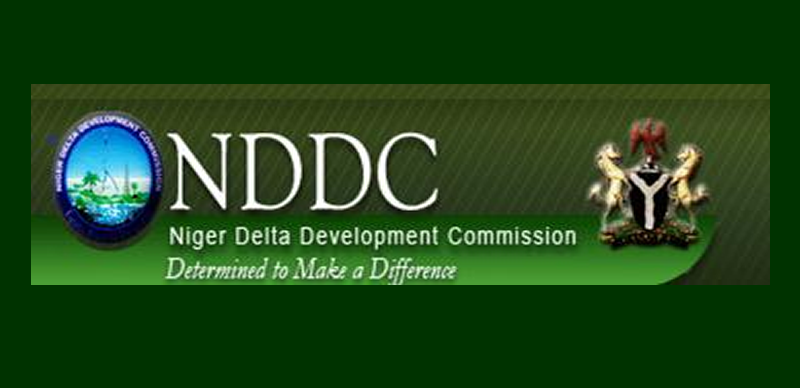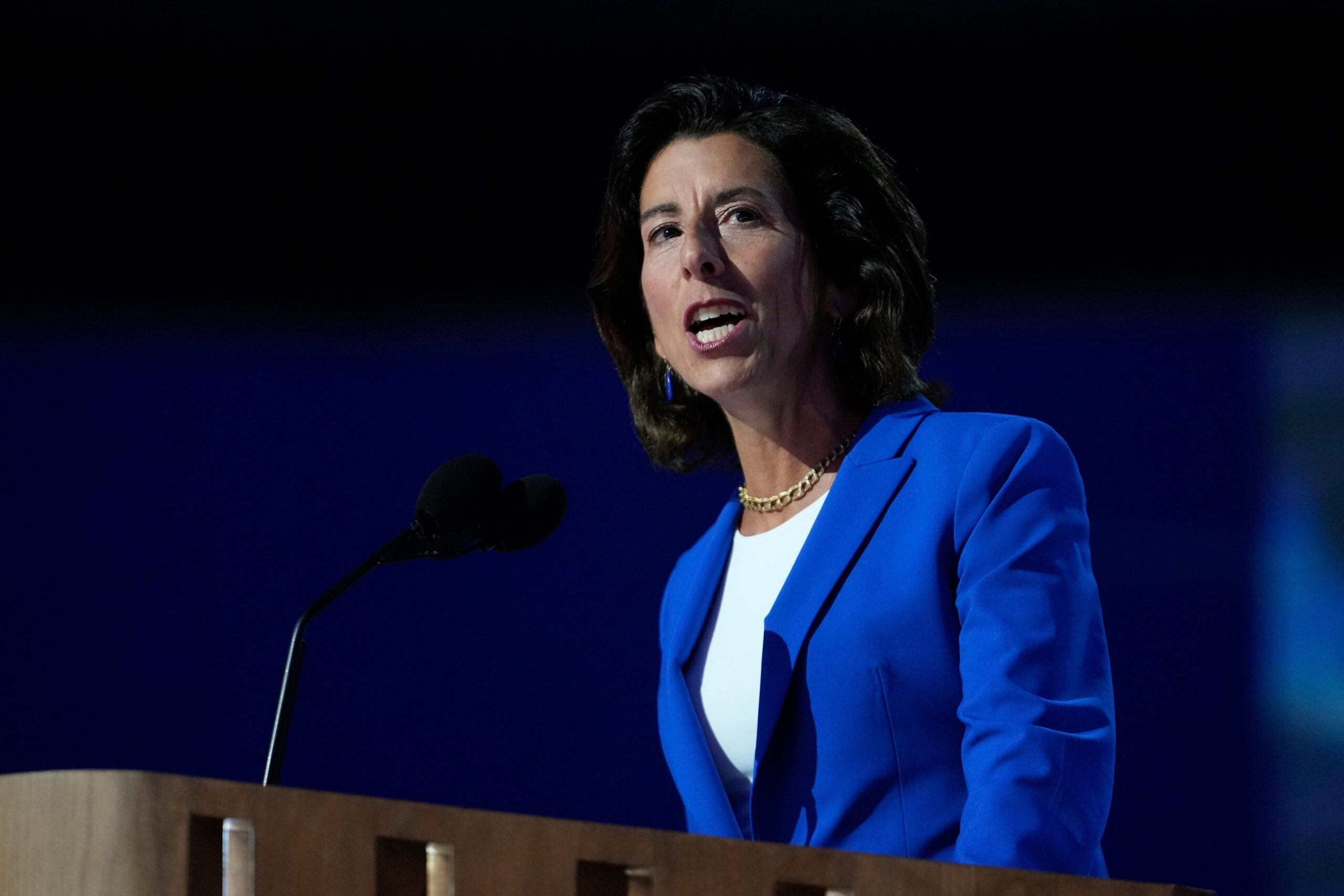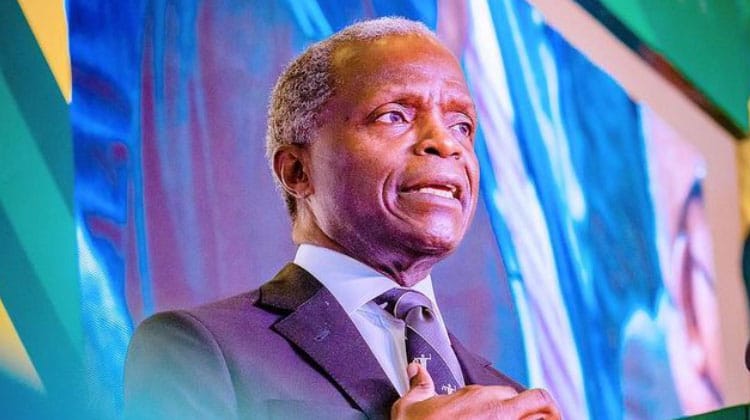The Niger Delta Development Commission has announced the registration of 3.2 million youths for Project HOPE, since its first phase was launched on July 4, 2023.
The Managing Director of NDDC, Dr Samuel Ogbuku, disclosed this during the launch of the second phase at the Rivers State Information and Communication Technology Centre, recently in Port Harcourt, Rivers State.
Ogbuku said, “Project HOPE was initiated to address critical challenges faced by the youth, particularly in employment and opportunities for meaningful engagement.”
He explained that the first phase focused on creating a digital platform for data collection and analysis, which established the parameters for effective program implementation.
According to Ogbuku, the second phase is geared towards executing eight carefully crafted programs aimed at job creation and youth empowerment across various sectors, including agriculture and technology.
He called for collaboration from all stakeholders, extending an invitation to government agencies, private sector participants, international partners, community leaders, and non-governmental organisations to join in this vital initiative.
He urged Niger Delta youths to approach the opportunities offered with enthusiasm and commitment, stressing that they were the driving force behind regional transformation.
Ogbuku pointed out a common issue in past empowerment programmes, where political interests often dictated participant nominations, resulting in individuals lacking genuine interest in the training.
He assured that participants in Project HOPE would be selected based on their interests and passions, accompanied by a monitoring system to track their progress.
NDDC Executive Director for Projects, Sir Victor Antai, remarked that Project HOPE was more than just a programme; noting that it was a symbol of hope and a catalyst for change, conceived under the leadership of Ogbuku.
Antai noted that the second phase would implement eight strategic programs, including agriculture, entrepreneurship, and a technology initiative called Mili-Tech.
According to him, this focus on technology aims to equip the youth with modern skills, enabling them to compete on a global scale and drive innovation within the region.
Antai highlighted the urgency of transitioning from militancy to technology in a rapidly digitalising world, noting that the initiative would provide training in structured cabling, data analysis, animation, and software development, opening global opportunities for participants.
Also, the Rivers State Commissioner for Youth Development, Dr Chisom Wali, lauded the NDDC for its collaboration with the state government, asserting that the commission’s efforts would positively impact the future of youths in the Niger Delta.
On her part, the resource person for Project HOPE, Ambassador Blessing Fubara, noted that the second phase would begin with eight quick-impact action initiatives, emphasising the need for a robust development model in the Niger Delta region.


